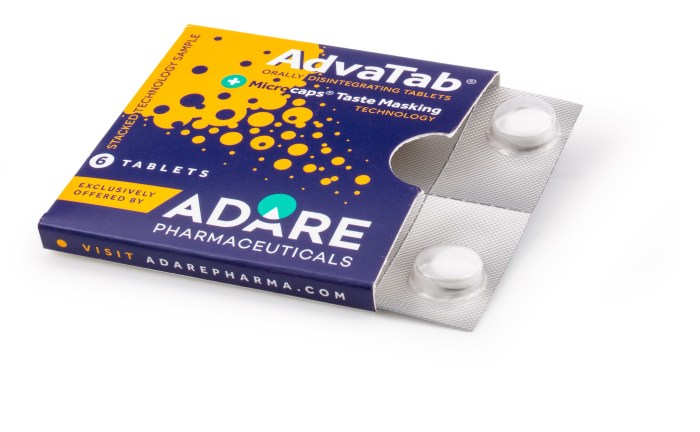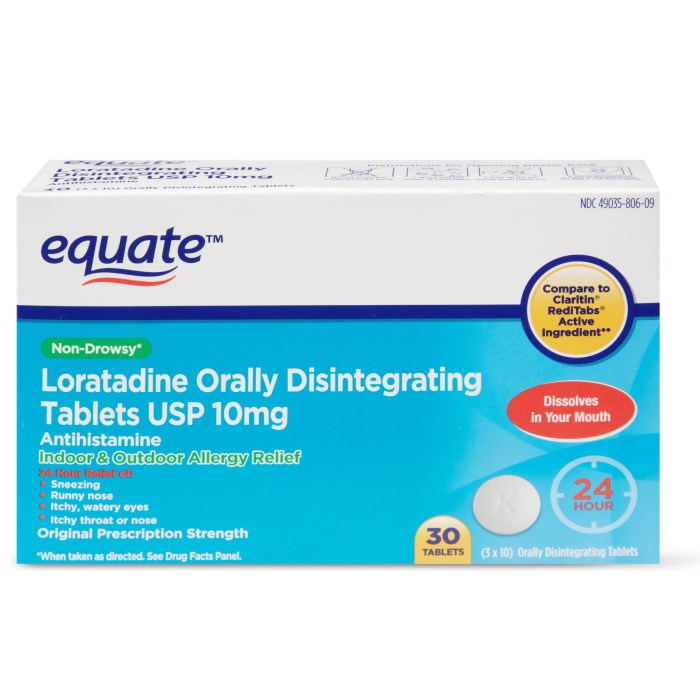How vitamins are often taken crossword clue – Beginning with the crossword clue “how vitamins are often taken,” this exploration delves into the multifaceted world of vitamin intake, unraveling the various methods through which these essential nutrients reach our bodies.
From supplements to food sources, this comprehensive guide illuminates the advantages and disadvantages of each form, empowering individuals to make informed decisions about their vitamin intake.
Types of Vitamins: How Vitamins Are Often Taken Crossword Clue

Vitamins are organic compounds that are essential for the human body to function properly. They are classified into two main groups: water-soluble vitamins and fat-soluble vitamins.
Water-soluble vitamins include vitamin C, vitamin B1 (thiamine), vitamin B2 (riboflavin), vitamin B3 (niacin), vitamin B5 (pantothenic acid), vitamin B6 (pyridoxine), vitamin B7 (biotin), vitamin B9 (folic acid), and vitamin B12 (cobalamin). These vitamins dissolve in water and are easily absorbed by the body.
However, they are not stored in the body for long periods of time, so it is important to consume them regularly.
Fat-soluble vitamins include vitamin A, vitamin D, vitamin E, and vitamin K. These vitamins dissolve in fat and are stored in the body’s fatty tissues. They are not as easily absorbed as water-soluble vitamins, but they can be stored in the body for longer periods of time.
| Vitamin | Function | Sources |
|---|---|---|
| Vitamin A | Vision, immune function, reproduction | Liver, dairy products, eggs, leafy green vegetables |
| Vitamin D | Bone health, immune function | Sunlight, fatty fish, fortified milk |
| Vitamin E | Antioxidant, protects cells from damage | Nuts, seeds, vegetable oils |
| Vitamin K | Blood clotting | Leafy green vegetables, liver |
| Vitamin C | Immune function, collagen production | Citrus fruits, berries, vegetables |
| Vitamin B1 | Energy metabolism | Whole grains, legumes, nuts |
| Vitamin B2 | Energy metabolism, red blood cell production | Dairy products, eggs, meat |
| Vitamin B3 | Energy metabolism, nervous system function | Meat, fish, poultry |
| Vitamin B5 | Energy metabolism, hormone production | Meat, whole grains, legumes |
| Vitamin B6 | Amino acid metabolism, immune function | Meat, poultry, fish |
| Vitamin B7 | Skin and hair health | Eggs, dairy products, nuts |
| Vitamin B9 | DNA synthesis, red blood cell production | Leafy green vegetables, legumes, citrus fruits |
| Vitamin B12 | Red blood cell production, nervous system function | Meat, poultry, fish, eggs |
Key Questions Answered
What are the different types of vitamins?
Vitamins are classified into two main categories: water-soluble vitamins (B vitamins and vitamin C) and fat-soluble vitamins (vitamins A, D, E, and K).
What are the most common methods of vitamin supplementation?
Vitamin supplementation can be achieved through pills, capsules, liquids, and injections, each with its own advantages and disadvantages.
What factors can affect vitamin absorption?
Factors such as age, diet, lifestyle, and certain medications can influence the absorption and utilization of vitamins.


